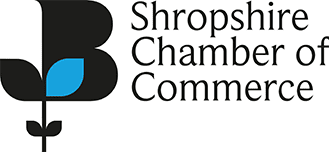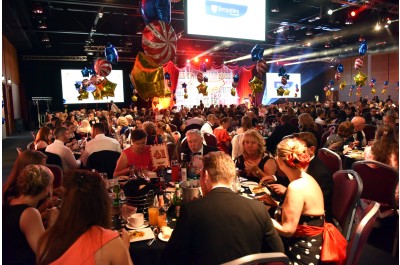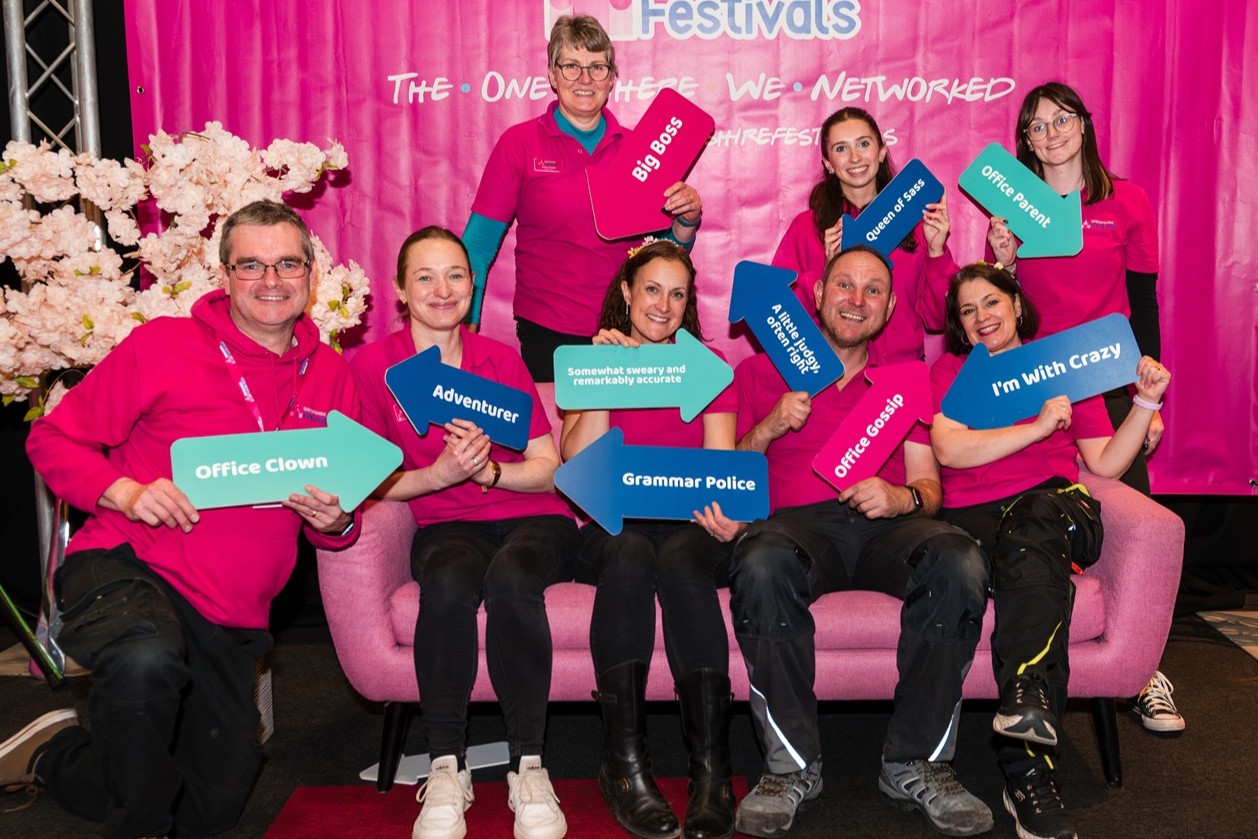Candidates from five political parties debated a range of business and economic topics at Shropshire Chamber of Commerce’s general election hustings event.
The 90-minute forum was held in the lecture theatre at Aico of Oswestry, Shropshire’s reigning company of the year, in front of TV cameras and an audience of local employers.
The Conservatives were represented by Daniel Kawczynski from Shrewsbury, Labour’s seat was taken by The Wrekin candidate Roh Yakobi, and Helen Morgan from North Shropshire represented the Liberal Democrats.
Julian Dean from Shrewsbury was the Green party candidate, while Reform UK was represented by Alan Adams who is fighting the seat in Telford.
Questions for the debate were drawn from three sources – the Chamber’s new ‘Going For Growth’ manifesto, the results of its latest quarterly economic survey, and issues which were raised by members.
Ruth Ross, Shropshire Chamber of Commerce’s chief executive, said: “As a politically neutral membership organisation, we wanted to provide a forum to give everyone the chance to learn what these parties and their local candidates stand for, from a business support and economic development perspective.
“We would like to thank them all for taking the time to participate in the event – and also say a huge thanks to Aico for kindly hosting it.”
The wide-ranging debate, chaired by Shropshire Business magazine editor Carl Jones, covered issues such as skills shortages and the need to boost ‘soft skills’ among newcomers to the workforce; cited as one of the biggest concerns among local firms.
The panel also addressed issues around connectivity – blackspots in the county’s broadband and mobile phone network – and revealed conflicting views on major infrastructure projects such as hospital services and the Shrewsbury North West Relief Road.
The debate also covered apprenticeships, the future of the business support network, and the need to reform business rates, while issues raised by the audience included staff retention, mental health support, and regulation.
Panelists were also asked whether too much pressure was being placed on local businesses to achieve net zero, or whether they felt more should be done.
The debate ended with a request to each candidate to pinpoint what they felt was the single most important task they wanted to prioritise, if elected, to support the business community.












Latest News